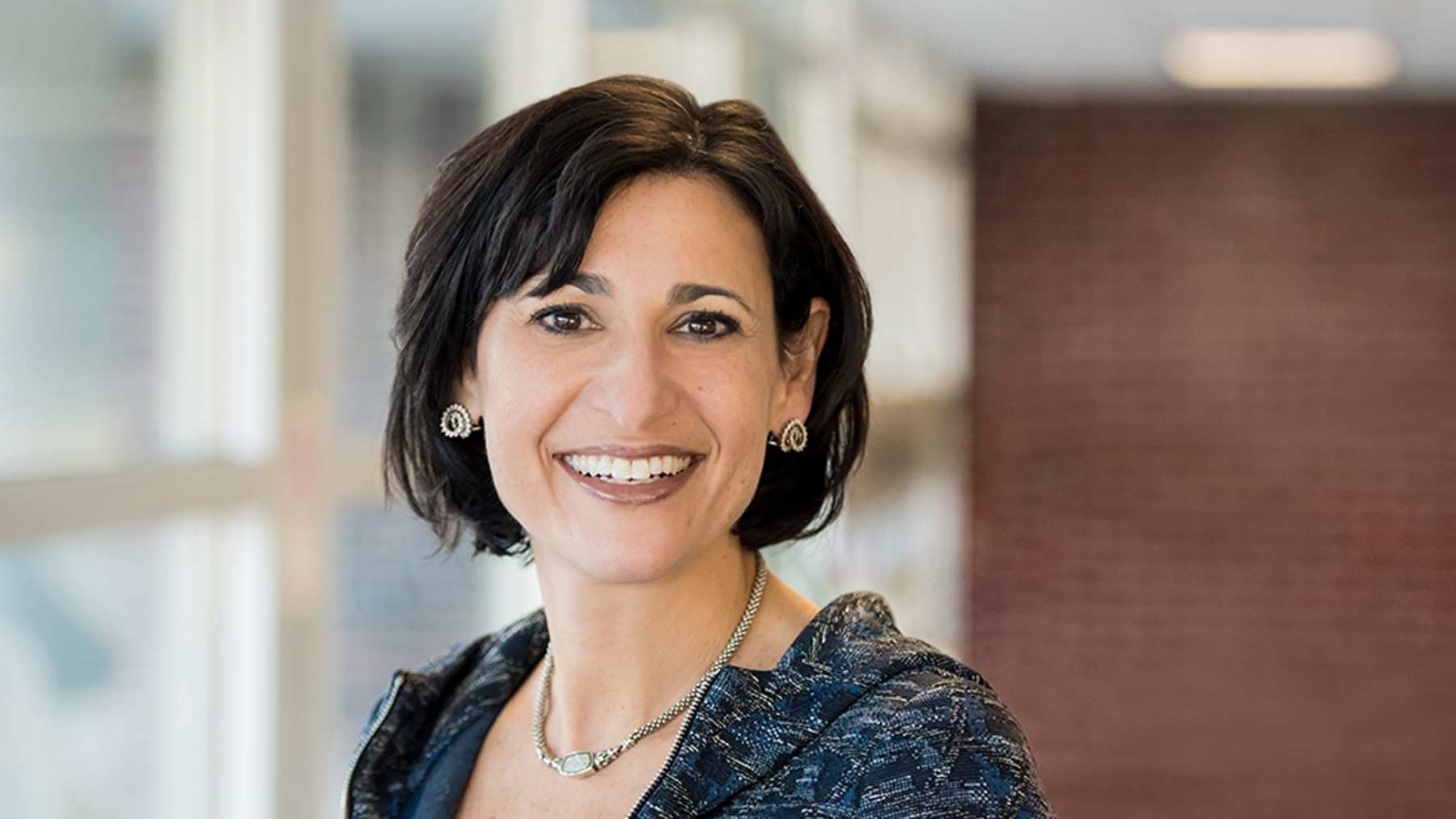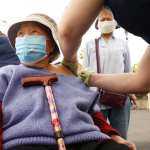Rochelle Walensky, who will head the Centers for Disease Control and Prevention under President-elect Joe Biden, has emerged over the past year as one of the nation’s foremost experts on managing the pandemic. Her selection, announced Monday, could signal a sharper government focus on gender inequities and vulnerable populations when it comes to rolling out COVID-19 vaccines.
Unlike other senior level advisers, the CDC director does not require Senate confirmation. Walensky will be the third woman to run the CDC.
“Dr. Walensky is a fantastic appointment for head of the CDC for many reasons, not the least of which is her commitment to health equity,” said Ruth Faden, a bioethicist at Johns Hopkins University who focuses on immunizations for pregnant people. “We can expect a CDC under Dr. Walensky’s direction to be much more attuned to including the interests of women, including pregnant and lactating people, in all aspects of CDC operation.”
Walensky currently heads the infectious disease division at Boston-based Massachusetts General Hospital. She is known for her work on HIV/AIDS, particularly in addressing what kinds of treatments are most cost-effective. She has called for government regulation to bring down the price of many expensive drugs, spotlighting an issue that disproportionately affects women, who are more likely to forego medication because of cost barriers. Her appointment could steer the agency, which typically does not weigh in on drug pricing, to treat the issue as a public health concern rather than simply a cost one, said William Schaffner, an infectious disease expert at the Vanderbilt University School of Medicine.
Since the pandemic took hold this year, Walensky has written frequently about how to effectively respond to COVID-19, with her work prompting praise from other career scientists.
“I am impressed with her background and credentials,” said Sonja Rasmussen, a 20-year CDC veteran and professor of pediatrics and epidemiology at the University of Florida. “I am pleased to see that she recognizes the many challenges that CDC is facing in the next steps related to the pandemic and that she plans to address them by focusing on the science.”
Walensky’s leadership could also help boost trust in an agency whose credibility, experts agree, has suffered over the past several months — especially since the CDC will play a critical role in encouraging people to actually take the coronavirus vaccine. Surveys suggest that currently, only a slim majority of Americans feel comfortable taking the vaccine, and that Black Americans are less likely to trust that it will be safe.
“She will be a wonderful public health communicator, and that’s so very important because during this COVID pandemic, we have not had as much clear, sustained communication as necessary,” Schaffner said. “It’s clear she and Dr. Tony Fauci [the director of the National Institute of Allergy and Infectious Diseases] will be on the same wavelength.”
Walensky’s COVID writings offer a window into how she might approach her position. For months, she has written in favor of more testing and other strategies to contain the virus.
In a November study for the journal Health Affairs, she joined a group of researchers calling for the federal government to invest more money in distributing forthcoming coronavirus vaccines. The study stressed the need to make sure vaccines are accessible to “racial and ethnic minority groups among whom the effects of COVID-19 have been disproportionately felt.”
That holds particular weight as federal health experts, including the CDC, start to determine the order in which Americans will receive the first COVID-19 vaccines. Last week, a government advisory committee recommended that health care employees — a group that is 75 percent women — and nursing home residents be first in line.
In the months to come, state governments will have to decide which groups take the next priority as they distribute more immunization doses. One such group would be essential workers, which represent about a third of working women and skews Black and Latina. Others include incarcerated people and immigrants.
Under Walensky, the CDC could play a much larger role in steering vaccine distribution, and experts said that the agency under her direction is more likely to prioritize equity across race and gender.
“Given her career and expertise, I assume she will make this a priority focus,” said Jennifer Kates, a senior vice president at the nonprofit Kaiser Family Foundation, who has collaborated with Walensky.
The emphasis on gender equity could extend beyond vaccine distribution. As a physician and researcher, Walensky co-authored an op-ed that criticized both the federal government and Gilead, a major pharmaceutical company, for failing to include women in the clinical trials for Descovy, an HIV prevention drug.
“Equity and inclusion in clinical trial design are essential to scientific advancement, ensuring that the benefits of innovation and drug discovery safely reach everyone in need,” read the op-ed, which was published last December in the New England Journal of Medicine.
In particular, the op-ed criticized the historic exclusion of women and pregnant people from large clinical trials, another theme of Walensky’s scholarship.
“That’s been very much a part of her career and vision,” said Chris Beyrer, an epidemiologist and AIDS researcher at Johns Hopkins University who has worked extensively with Walensky. “Particularly around the issues of gender she’s been a real leader of inclusion.”
That resonates now, he added, since the initial coronavirus vaccine candidates were all developed by companies that excluded pregnant people from their clinical trials. That has thrown a wrench in efforts to decide whether pregnant or breastfeeding people — especially those working in health care or other frontline positions — will be able to use the first batch of COVID vaccines. (Some companies are now starting to do their first major vaccine trials among pregnant people.)
Walenky’s selection, he said, is good news for efforts to correct that information gap, since her CDC will be responsible for tracking people’s long-term responses to the vaccine — including people who take it and come pregnant afterward.
“This is something that is going to be very important,” he said. “You want someone with the ethical expertise, the clinical expertise, the ability to lead to be managing that.”





